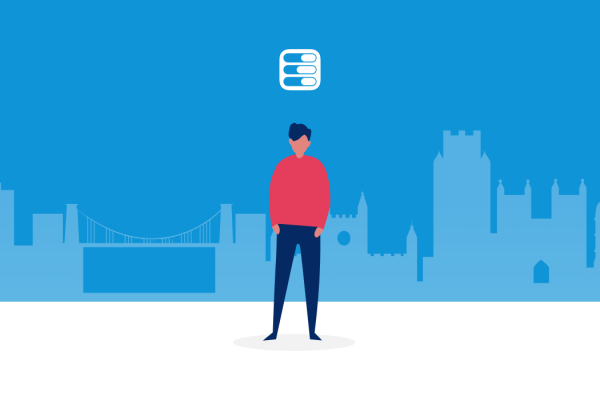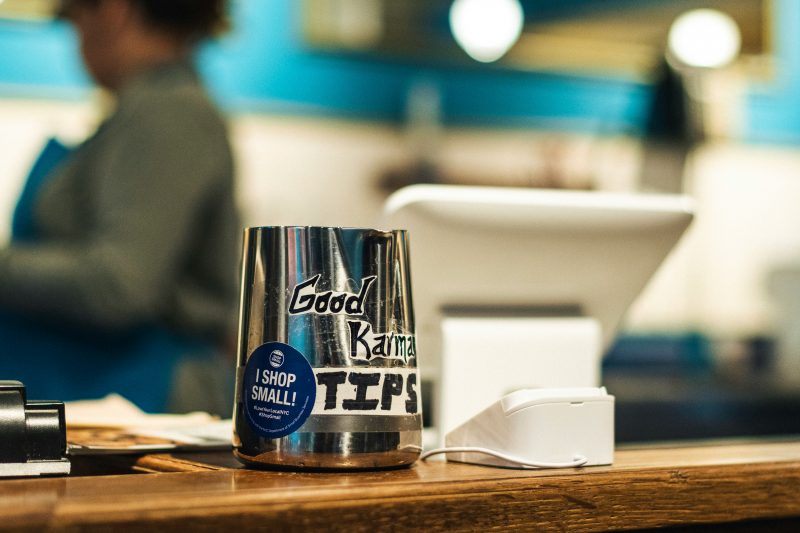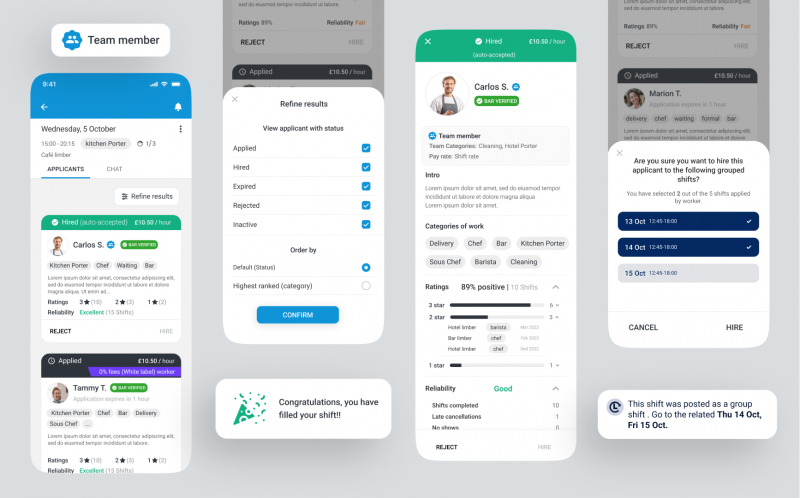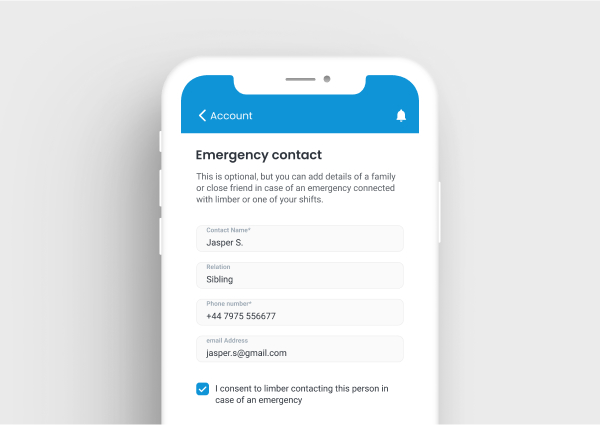Often labelled as flaky or fickle, I was the child that moved between sports and hobbies, weekly. Addicted to trying something new and challenging myself, the problem wasn’t that I was dispassionate, but that I was exceedingly curious, constantly at the ready to take on the next thing. I grew up just as reluctant to specialise, graduating with a combined studies degree and became a lawyer. Even once I had landed a decent job at a law firm, I kept things as broad as possible, often considering jumping ship and wondering if there was more to life to where I had settled.
I thought about setting up my own law firm, but soon shelved the idea when i realised I’d have to commit to law for far longer than I wanted to. The second option was to join my company’s corporate deals team – a hybrid role between legal and commercial to get off the one direction treadmill that I found myself on – but expectedly, I couldn’t find anyone who would give me a shot. What was next? A desperate application to study an MBA in the States (and one that was quickly rejected).
I soon reached a place where I was willing to try anything. I searched for the answer – what was going to make me genuinely happy? When I looked back at every stage of my life, I realised I was most fulfilled when I was totally focused on one thing for a short period of time – safe in the knowledge that whatever I was doing would soon end, so I could move on to something different. It kept me present, stimulated and made certain I could maintain momentum. Goals were fine – they just needed to be in near sight. Having a long term plan or destination didn’t work for me and nor did the notion of finding my one “life passion” so often peddled to us, although with our best intentions at heart, I’m sure. It was then that I finally had the lightbulb moment, that pinnacle point. I realised that the problem was not the job I was working, but the way I was required to work it.
I needed to build an environment for myself that was never predictable and never the same, somewhere I could consistently exercise multiple skills, knowing that my days promised freedom and variety. And so, the very feeling that encouraged me to break away from my 9-5, was the exact feeling that created the concept for limber. You see, I wasn’t the only one who was stuck on the treadmill, desperate to break away from the monotony of the 9-5, and curious to know what it would be like to defy expectations and reject ‘the norm’.
But how could I combine flexibility and freedom with sustainability and financial security? Words that were always so separate, such a contradiction, the choice you had to make, were now something I knew I wanted all at once, and something I knew that other people wanted too.
My desire to set up a business for my own benefits quickly transformed into the desire to change the way we work altogether – and so I created limber. The app designed to free its users from the work dissatisfaction treadmill. At its core limber is about empowerment. It’s about allowing people to work on their own terms, while still be supported with a regular payslip, pension contributions and holiday pay.
Convinced that people were happier, more mindful and way more present when working in a way that suited them, not the rest of the world, I decided that it was up to us as a society to embrace that – starting with limber.
Chris Sanderson
Chris started limber in late 2016 with a big dream to make it easier to work and hire in hospitality. Chris is an ex pub manager and knew too well the challenges involved on both sides of the equation. He’s also a former technology lawyer and owner of the office dog, Jasper.




